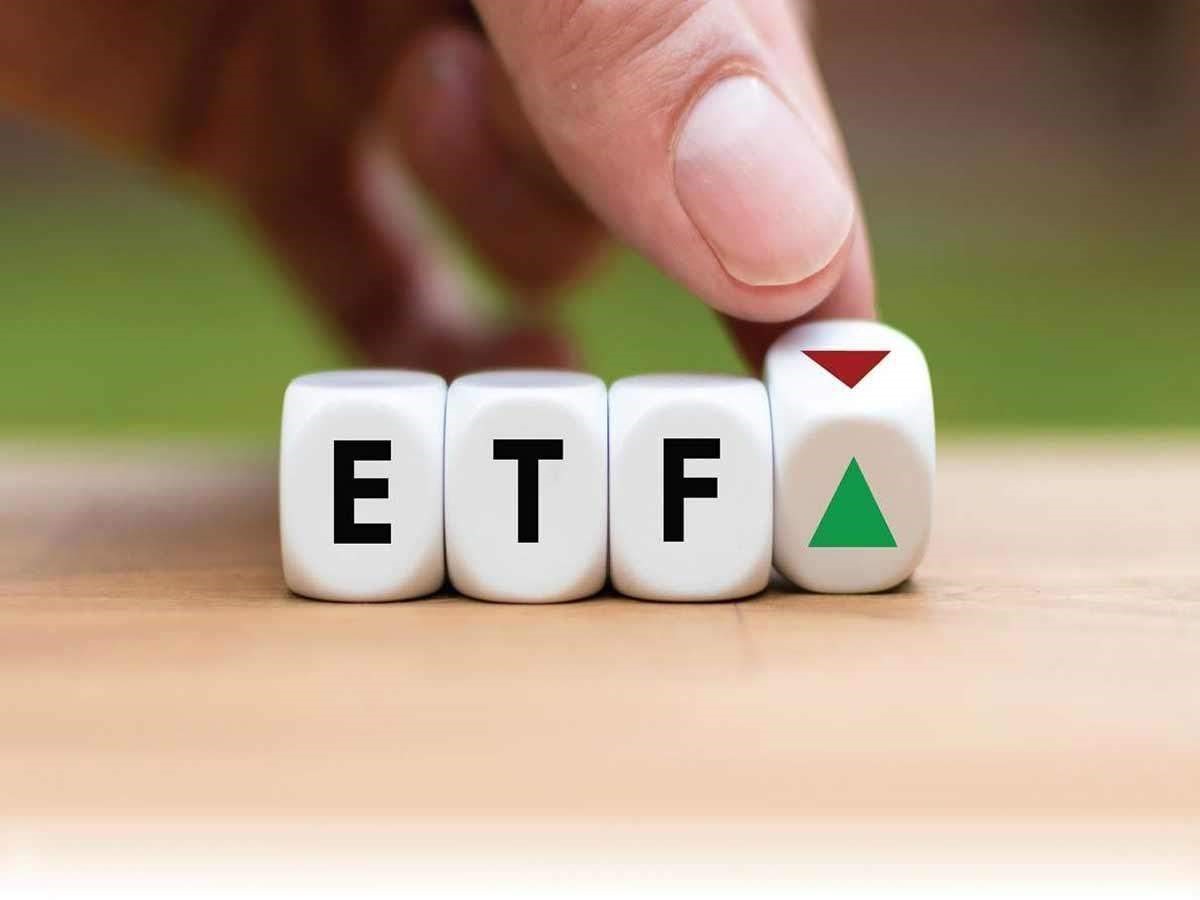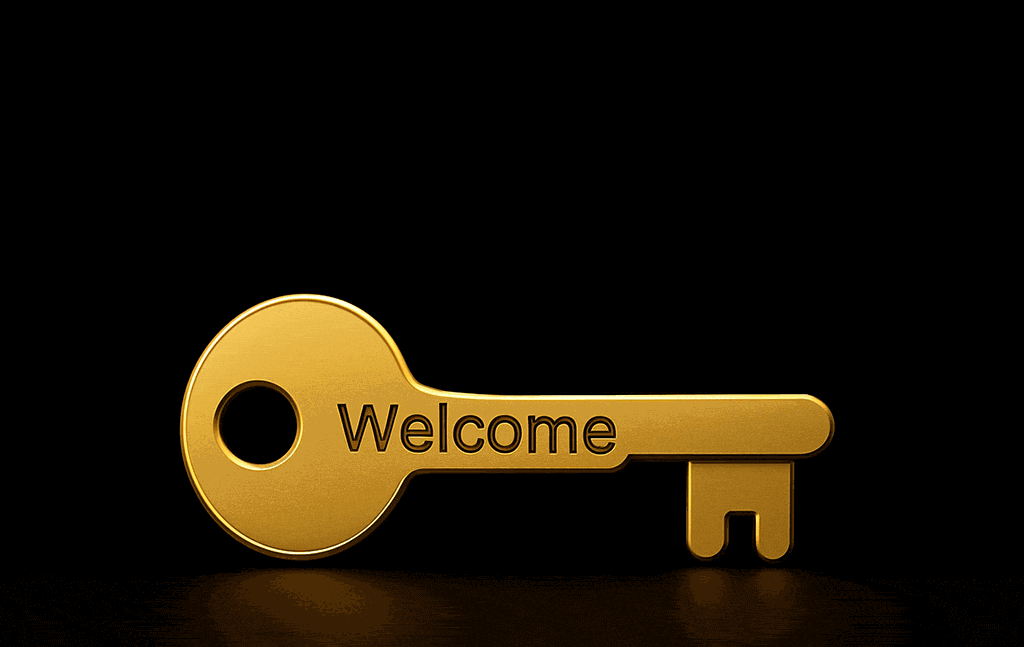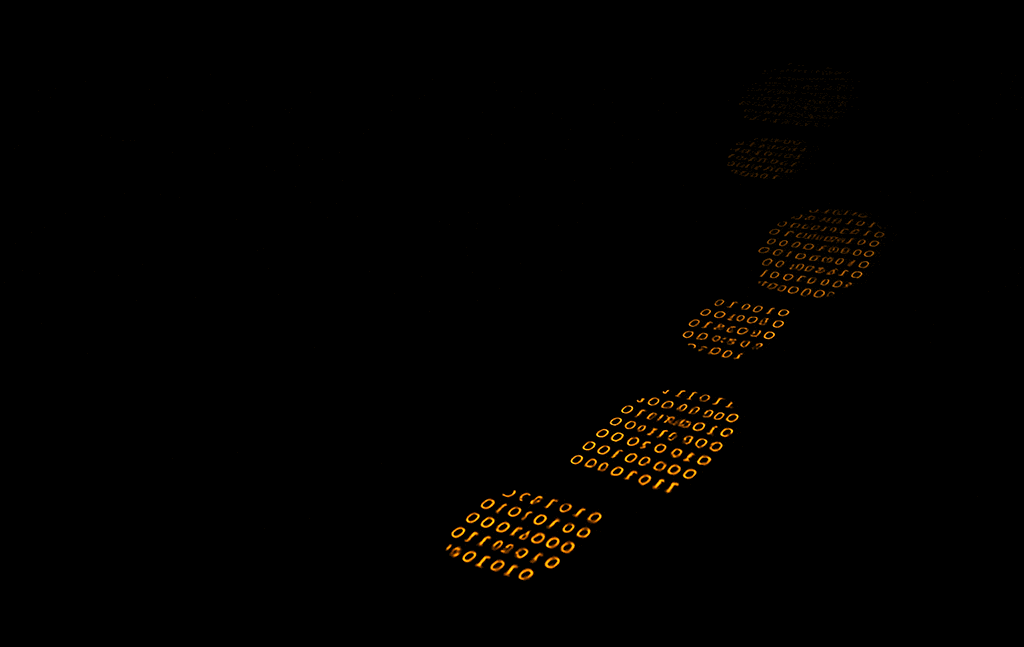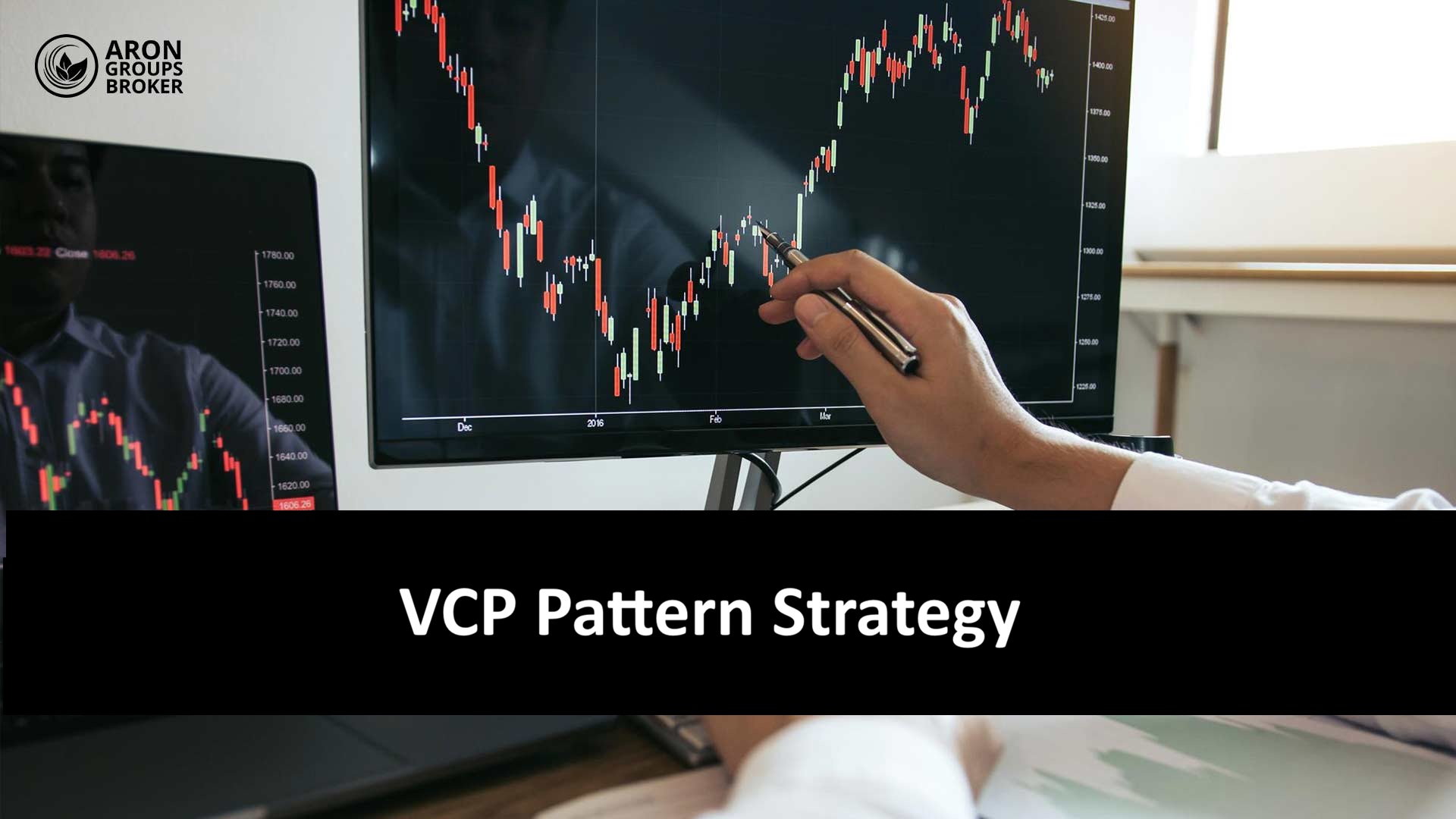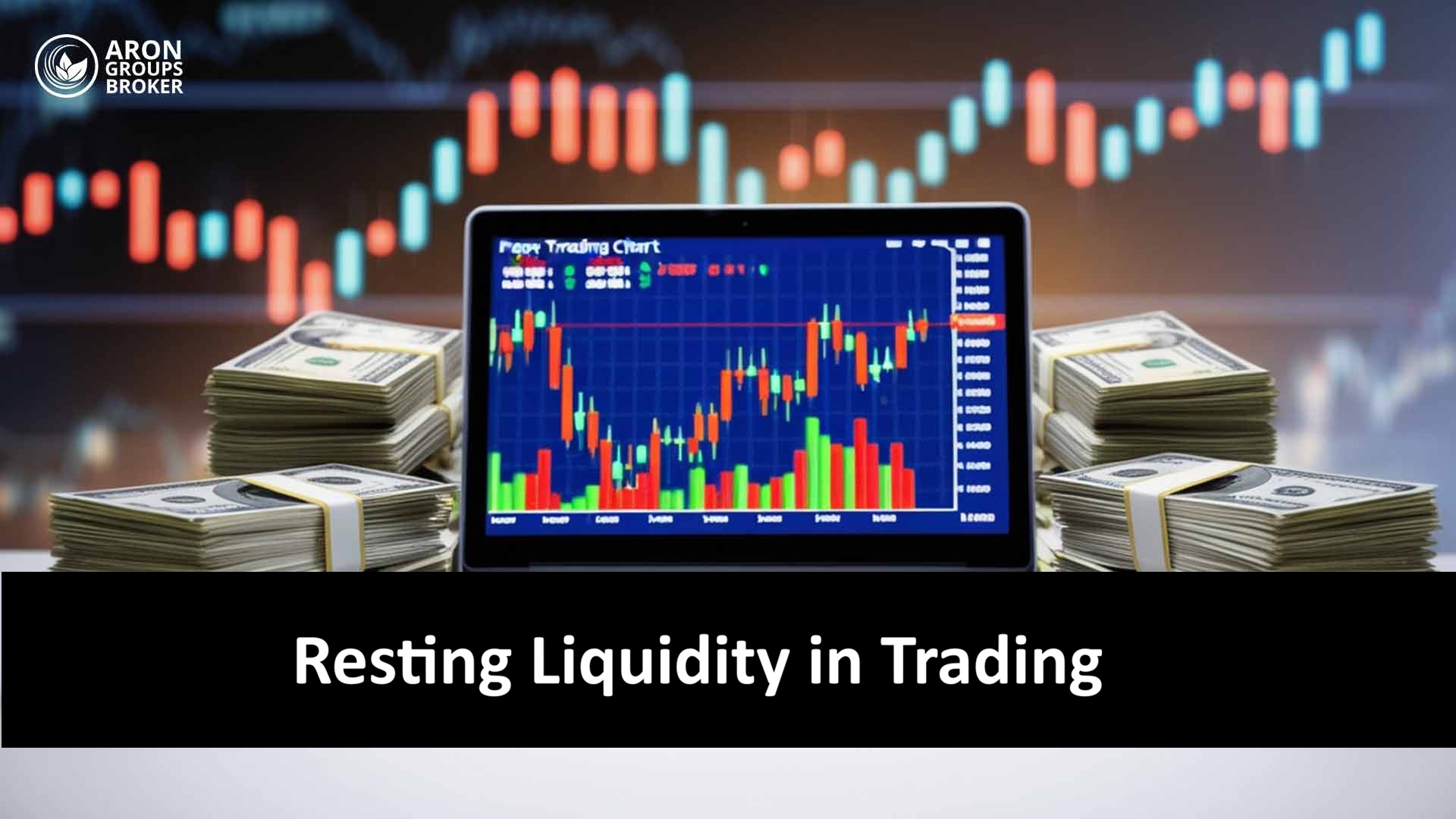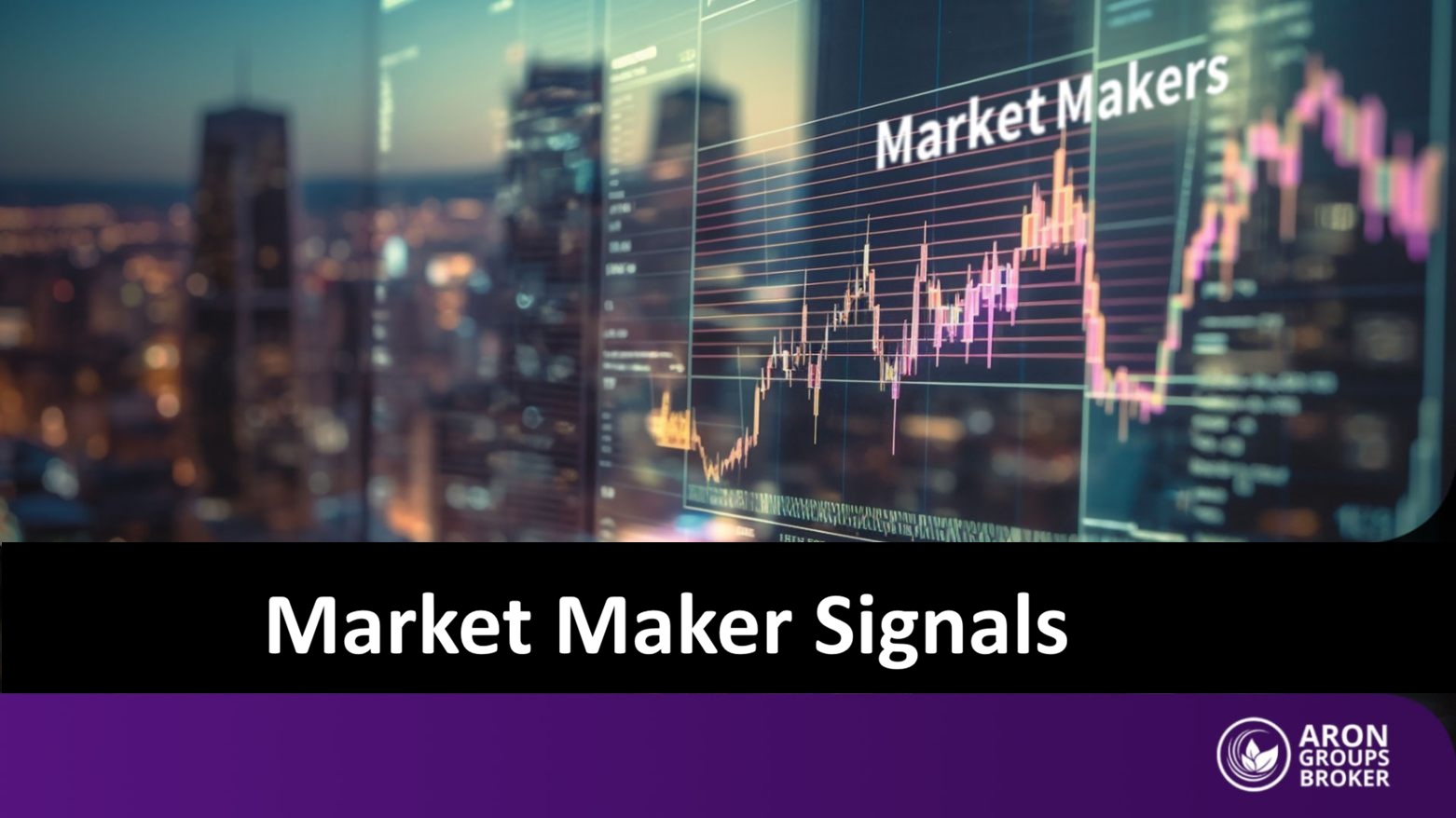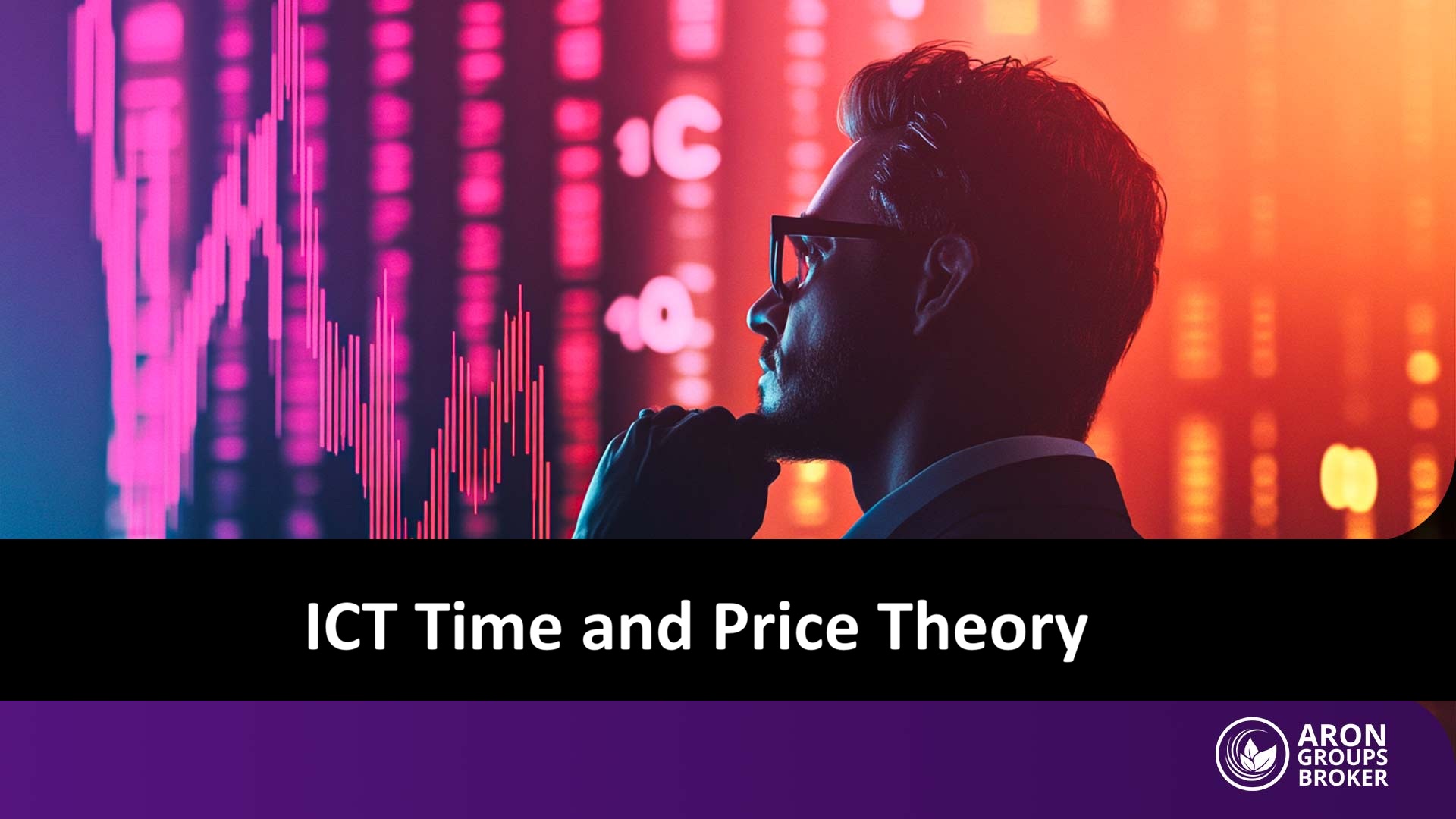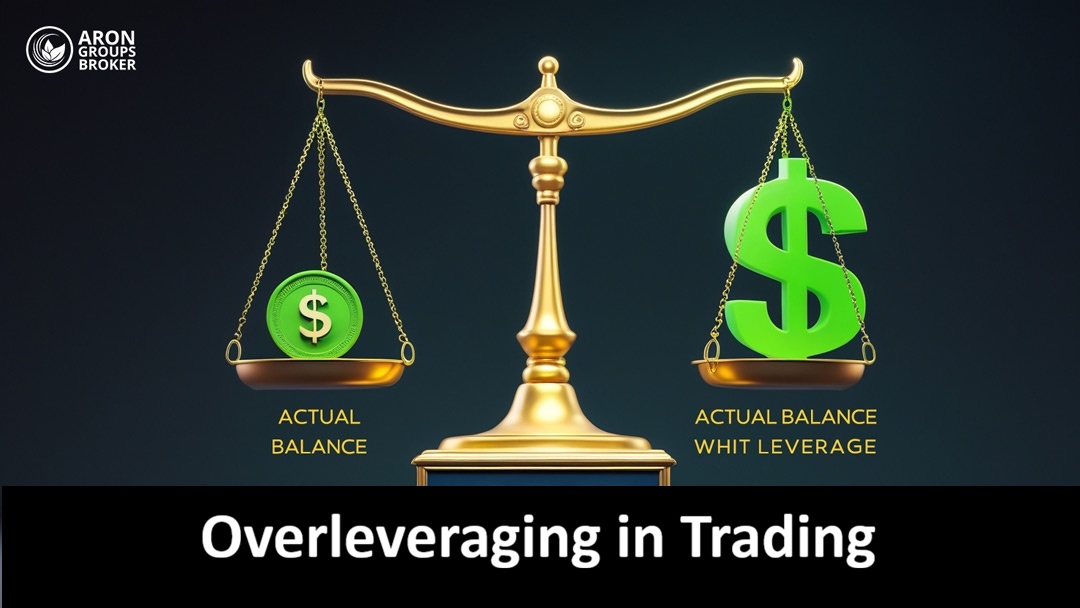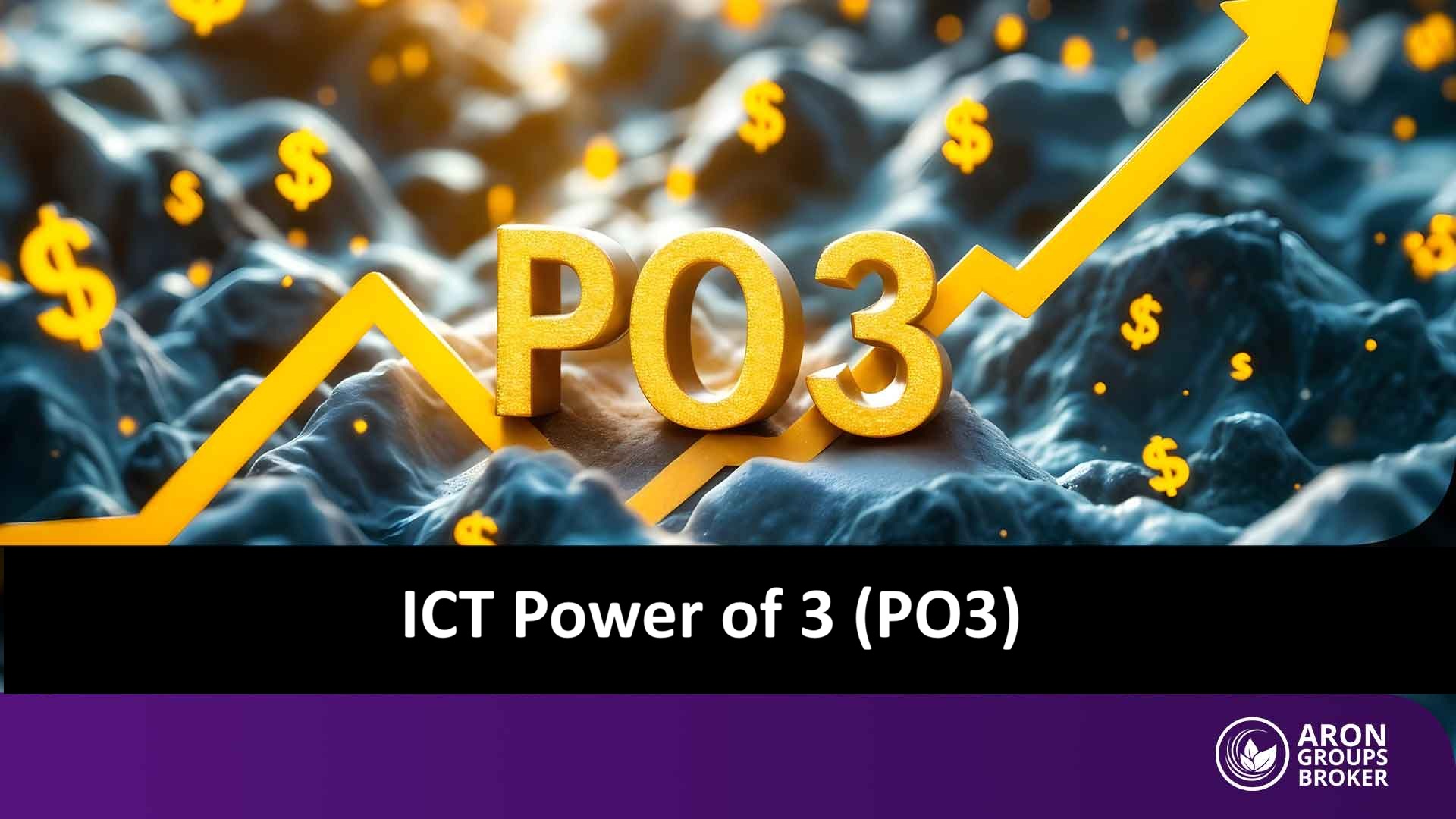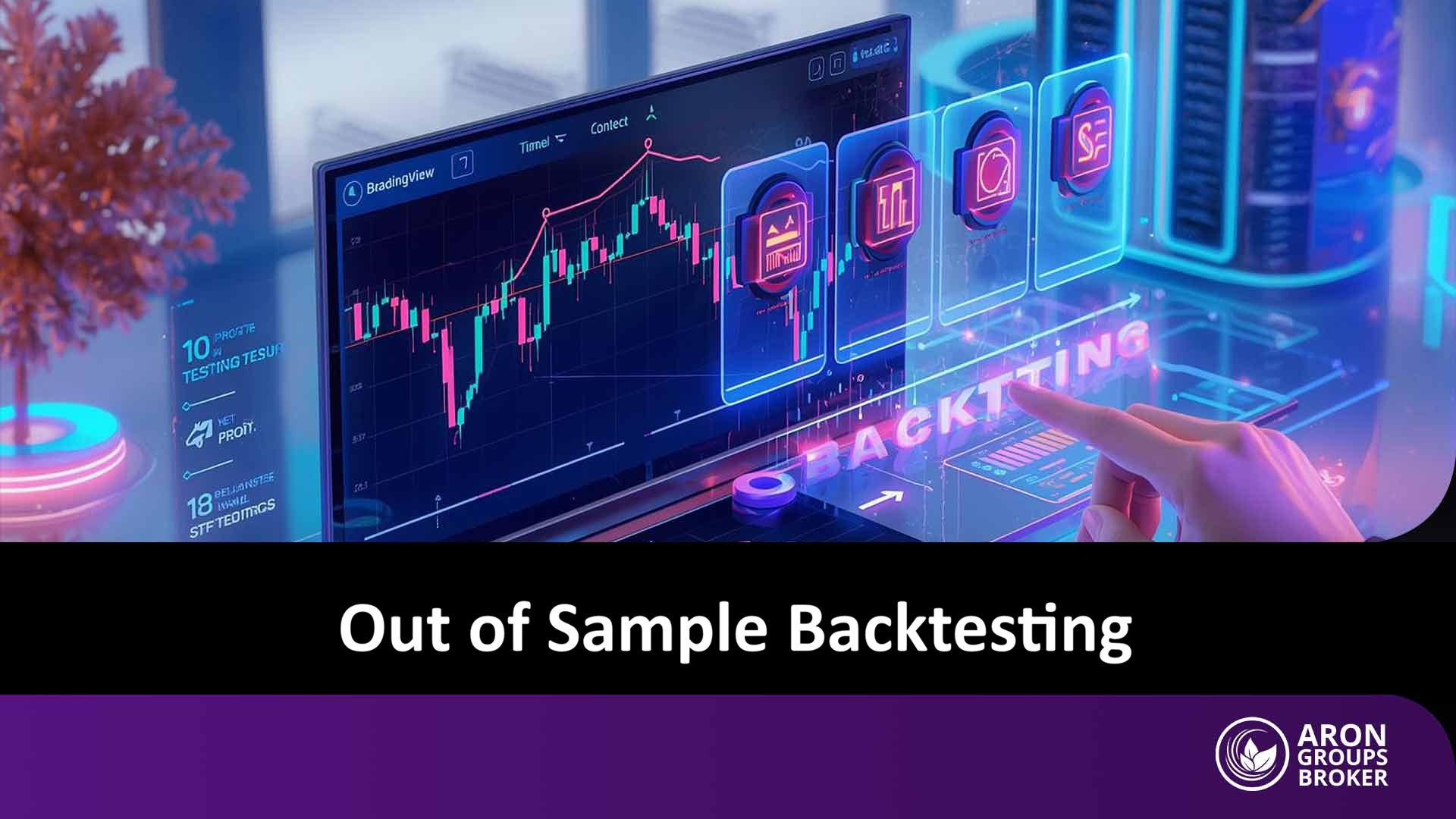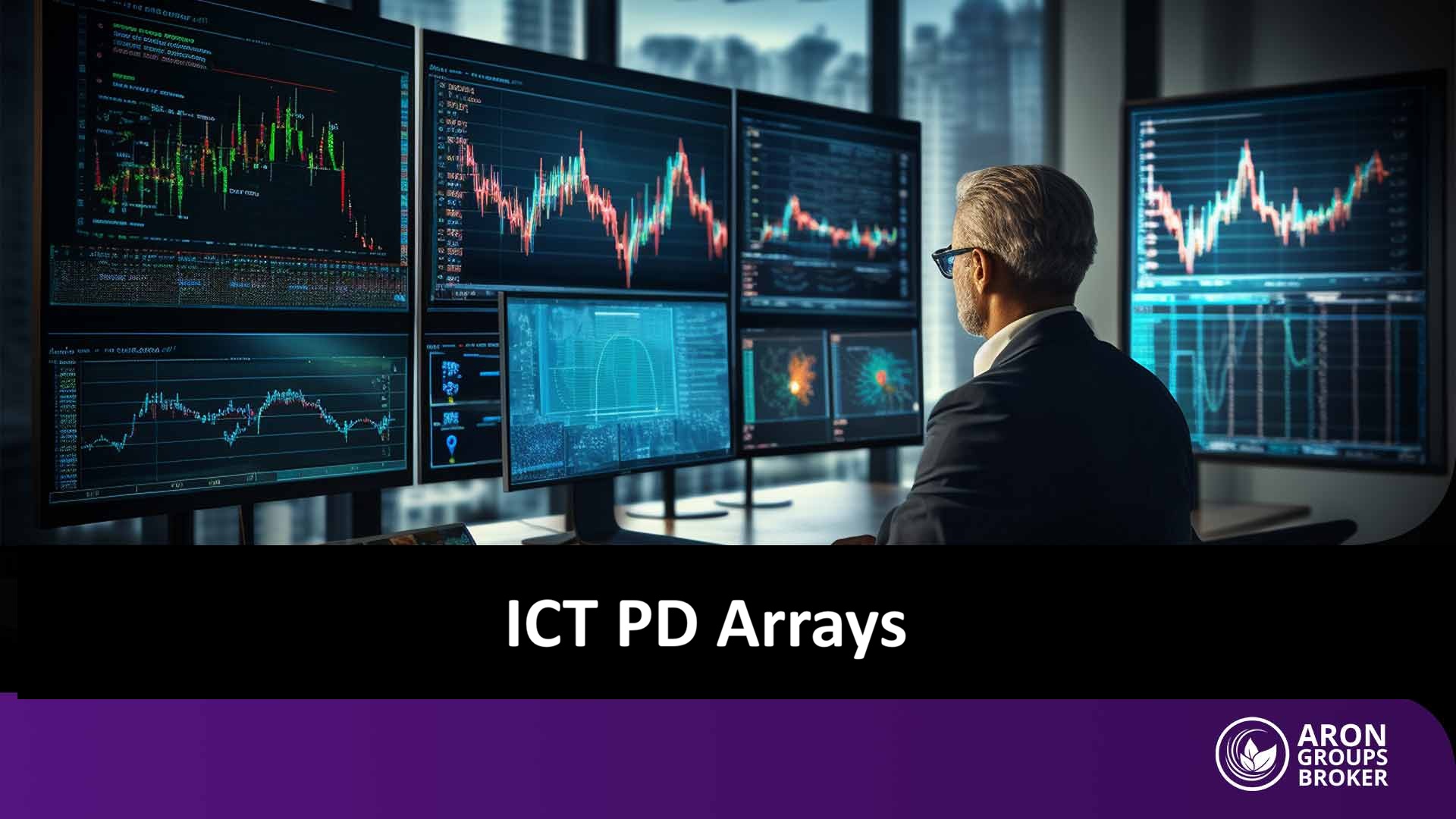An exchange traded fund is a basket of underlying assets like stocks and bonds. One of the important factors when starting to trade in international markets is to choose the underlying assets carefully. We trade to make a profit, but sometimes we try to hedge inflation or economic recession. In these cases, we need a strategy that helps us to achieve the best result. You must have heard that keeping all of your wealth focused on a single industry is not recommended. It would help if you diversified your portfolio to hedge against inflation and be ready for unexpected movements in the market. Trading in international markets, you are always facing fluctuations and volatility as there are so many factors affecting the market at this scale. One of the best methods to diversify your portfolio is to use exchange-traded funds to your advantage. At Aron Groups, we will discuss everything you need about ETFs to have a diversified portfolio and experience fruitful trades.
What is an exchange-traded fund?
Simply put, we should say that an ETF is a basket of investment security or bonds that operates in a mutual way.
Investors use exchange-traded funds to track different investment strategies, including a specific index, sector, commodity, or other assets. When you are using an exchange-traded fund, you’re investing in several securities at once, and by doing so, you are paying lower fees than other types of funds, and using ETFs is easier than other strategies.
But remember, there is no one size fits all solution for every investor. You need to evaluate your metrics, management cost, commission fees, access to the underlying asset, and how an ETF can fit in your existing portfolio.
Table of Contents
How do exchange traded funds work?
To understand the nature of exchange traded funds, you need to pay attention to the following process: first, you need to find a provider, let’s say a broker, that provides you with the underlying assets you are looking for; the broker creates a fund that is perfectly designed to track the performance of an underlying asset and will sell that fund to investors. Every investor will buy a portion of an ETF, but you don’t own the lying assets.
The fund could be a commodity like gold or crude oil or a basket of stocks such as the S&P 500. In any case, the exchange-traded funds are traded at market-determined prices.
So, here’s the abbreviation version of how exchange-traded funds work:
- First, you must find a broker that provides you with the fund you seek.
- The broker will provide you with a basket of investments, including stock, commodities, bonds, or even currencies.
- You will buy a share of that basket just like buying a share of a company.
- Then you can buy and sell the exchange-traded form during the trading day, just like the stock market.
Remember that the price of an exchange-traded fund will alter during the trading day as the market determines the price of selling and buying a share. As there are a number of assets in an exchange-traded fund, they are perfect for diversification, and you can use different assets to decrease the risk of your investment.
You can choose an ETF that belongs to a particular industry or sector or use ETFs that contain assets from various industries. As many different assets are included in exchange-traded funds, they are easier to sell and buy, and the market for ETFs is more liquid.
Read more: Can I trade forex without a broker?
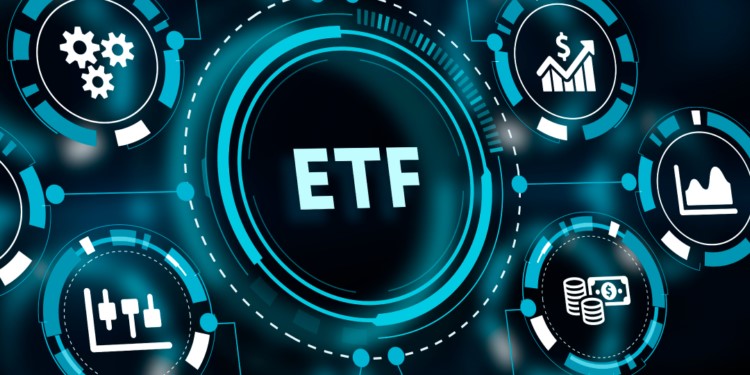
Exchange-traded funds pros
First, we need to talk about the advantages of using exchange-traded funds:
Diversification
You can use diversification to buy stocks, bonds, and commodities. You need to understand that when dealing with exchange-traded funds, you can buy an investment basket that contains assets from different horizons and industries.
Diversification in trading is a must that act as a safeguard for your portfolio against market fluctuations. Without it, you will experience a huge loss of a bad year in a single market. But then you are investing across different industries simultaneously; you need a more balanced portfolio. Creating a diversified portfolio is a skill that only some investors possess. When dealing with exchange-traded phones, you buying an already well Diversified basket of investments, and you don’t need to be worried about creating a perfect portfolio.
ETFs are transparent
All you have to do is to search and evaluate the price of a particular ETF is an internet connection. The report on the performance of the funds is disclosed daily to the public, and everyone can see what happened in the last month or quarter for that exchange-traded fund. And all the information is transparent; everyone can keep a close eye on their invested assets.
Tax benefits
Unlike mutual funds, where you have to pay Capital Gains task through your investment, ETFs incur capital gains taxes when you go to sell an investment. When dealing with mutual funds, the manager decides how many times it is necessary to buy or sell investments, which incur capital gains taxes along the way, but then, dealing with ETFs, you are the one who will decide when to sell, and you can avoid high taxes. But if you need more experience, you should use mutual funds and let a professional investment manager make important decisions and provide you with profit.
Read more: How To Trade In The Forex Market Effectively
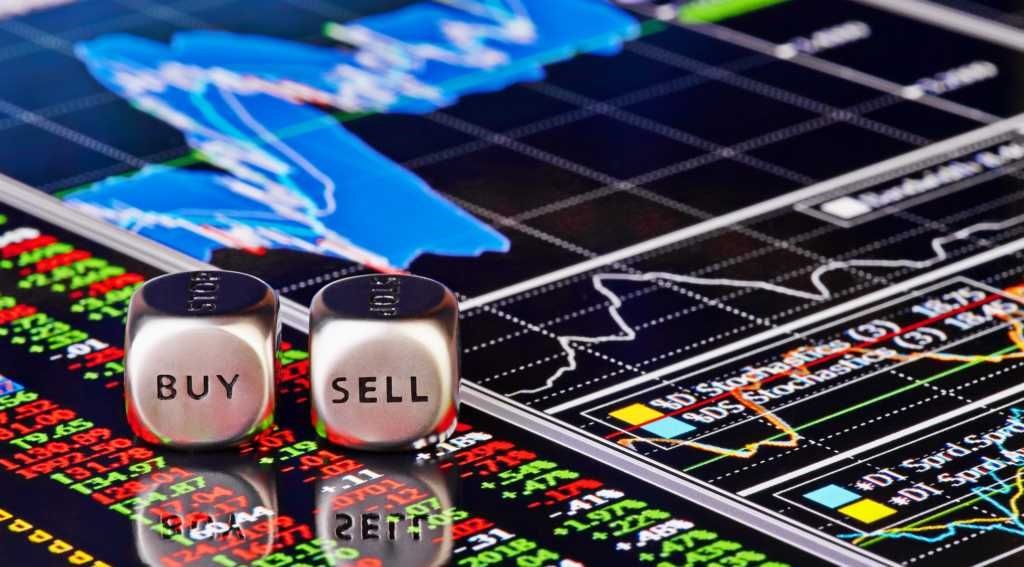
Exchange traded funds cons
As previously noted, there is no one size fits all solution when it comes to trading strategies. ETFs may be the best solution for some investors, but they are not perfect. Here is why:
Trading costs
you might not have to pay excessive taxes, but exchange-traded funds are subject to commission fees.
Liquidity issues
Like any investment, you will be at the whim of the current market price whenever you sell the underlying assets. But if you have invested in a particular type of ETF, you might find it harder to sell.
Risks
It could close if the exchange-traded fund hasn’t purchased enough underlying assets to cover the administrative costs. In this case, investors may try to sell sooner than they have intended.
Read more: How To Become a Professional Forex Trader?
Types of ETFs
suppose you’re looking to use exchange-traded phones for income generation, speculation, or to hedge a diversified portfolio. In that case, you should know that there are different types of ETFs you can use from:
Passive and active ETFs
passive ETFs refer to the exchange-traded funds that track a diversified index such as S&P 500 or specifically targeted sectors such as gold or crude oil.
On the other hand, active ETFs do not aim and index; in this case, the portfolio manager will decide the type of securities to include in the portfolio, investors prefer this type of ETF, but they are more expensive.
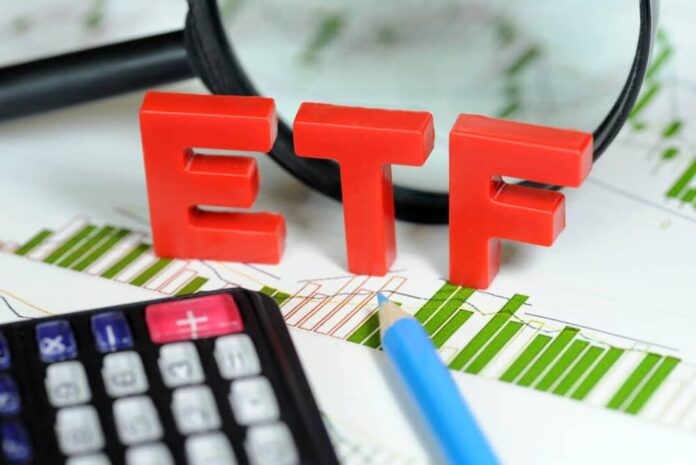
Actively managed ETFs
To understand active ETFs, you need to learn about the following features:
Bond ETFs
You will be provided with a regular income when investing in bond ETFs. Your income will vary according to the performance of the underlying bones.
Stock ETF
If you choose equity ETFs, you will buy a basket of stocks to track in a single industry; in this case, you will create a diversified portfolio with exposure to a single industry. In this case, you don’t have to own the securities and will pay lower fees.
Industry or sector ETFs
This type of ETF is focused on a specific sector or industry. In this case, the ETF will track the performance of companies operating in a single sector.
Commodity ETFs
If you choose commodity ETFs, you’re investing in Commodities like crude oil and gold which brings you many advantages; These types of ETFs are Diversified and work as a perfect Hedge.
Currency ETFs
This type of exchange Trader is found to track the performance of currency pairs. Suppose you are monitoring a country’s political and economic developments and looking for a portfolio that works as a hedge against volatility. In that case, the currency ETFs are perfect for you.
Inverse ETFs
This type of exchange-traded fund is designed for use in the stock market’s downtrends. When the stock market declines, the manager will Open a short position to sell the stock, speculating a decline in value to buy it again at a lower price.
Leverage ETFs
In this exchange-traded, the profit and loss amount will be multiplied depending on The Leverage.
Compare ETFs and Mutual funds.
As previously mentioned, the commissions for ETFs are lower than Mutual funds, and they offer Better Tax benefits than mutual funds. The mutual fund turnover is bigger relative to an ETF. The management structure for mutual funds is active, while you can use both active and passive when dealing with ETFs.
Mutual funds are pulled investments, while exchange-traded phones are index funds that track a basket of security. Investing in mutual funds, you own the security in your basket, while ETFs do not involve actual ownership of an underlying asset.
As previously noted, mutual funds are passively managed; if you are not interested in learning more about mutual funds or don’t have enough time to be involved in the market, you should use mutual funds. At Aron Groups, we provide you with Aron mutual funds managed by the broker’s management. All you need to do to open Aron Group’s mutual fund account is to register on the website, enter MetaTrader 5, select Aron investment fund, confirm your account, and deposit your balance into the investment account if you have any further questions. All you need to do is to contact Aron’s advisors.
ETFs versus stocks
Let’s not forget that exchange-traded phones can be made up of stocks, but they are not stocks. You can’t trade exchange-traded funds like stocks on exchanges, and you can track their prices, but unlike stocks representing one company, an EFT is a basket of stock that can include multiple assets.
Read more: What is Margin Trading in Forex?
How to invest in exchange-traded funds
There are many different ways to invest in exchange-traded funds. Investing in ETFs is easy, and you have to follow the steps outlined below:
- Open a broker account
Now that you are ready to invest in ETFs, you must open your trading account.
- Research ETFs
Before buying ETFs, you need to do your research as there are many different types of ETFs available in the markets; always remember to ask the following questions:
- How much time do you have for investing?
- Are you looking to generate income or growth?
- Are you interested in any particular sector or instruments?
The researching for ETS, you need to consider the following criteria:
- trading volume
- expense ratio
- past performance
- Holdings
- Commissions
- Choose trading strategy
In the beginning, you need to have a strategy like a dollar cost averaging or spreading out your investment cost over a period of time.
- Buy the ETF
Now that you have a strategy and you’ve done your research, you can buy your favorite ETF using your broker trading platform.
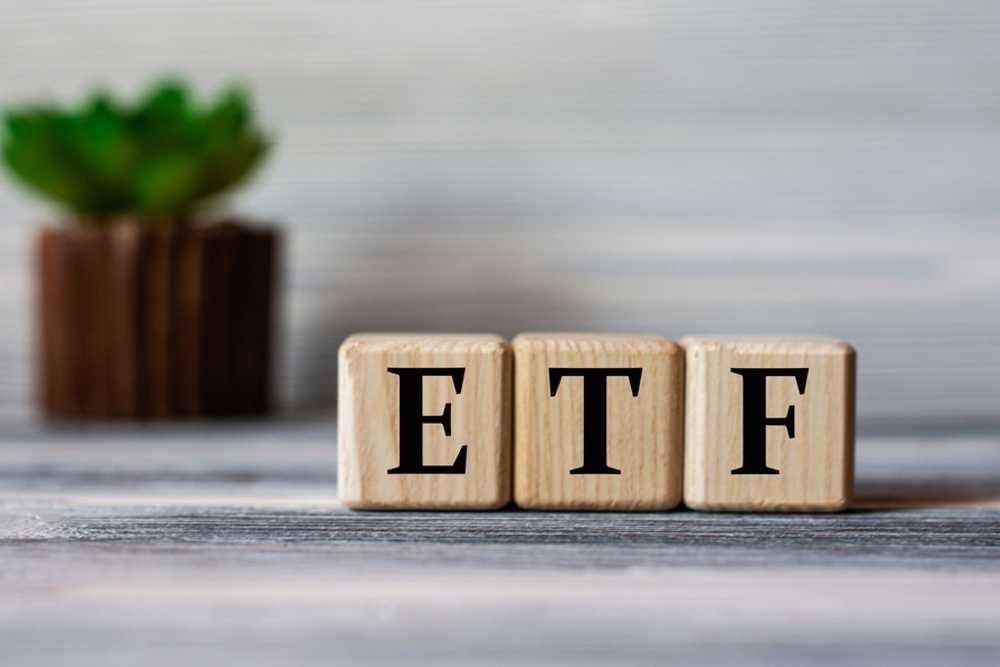
ETFs
Your profit depends largely on the diversification of your portfolio. Creating your diversified portfolio is a skill that even professional traders lack. Suppose you are looking to build a diversified portfolio and need more skills to do that on your own. In that case, you need to use exchange-traded funds, which are already diversified; by using ETF, you are investing in a basket of investments that are designed in a diversified way and will hedge your investment against inflation. At Aron Groups, we’re not only providing you with educational materials but also with Aron mutual funds to help you create a diversified and fruitful portfolio. So if you plan to invest in Forex or any other international market, you must research and learn everything about the market. Because let’s face it, you are entering a volatile Market that can help you earn profit or even generate passive income, but only if you have researched and learned everything about the market. Stay tuned to find more educational materials and become a professional trader.












